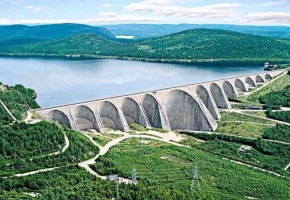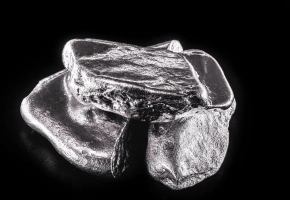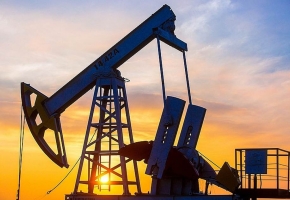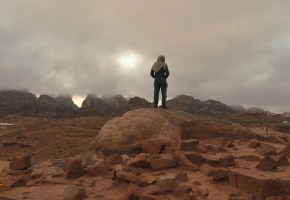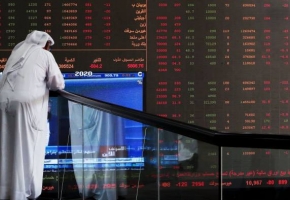Polar ice is melting and changing Earth’s rotation

One day in the next couple of years, everyone in the world will lose a second of their time. Exactly when that will happen is being influenced by humans, according to a new study, as melting polar alters the Earth’s rotation and changes time itself.
The hours and minutes that dictate our days are determined by Earth’s rotation. But that rotation is not constant; it can change ever so slightly, depending on what’s happening on Earth’s surface and in its molten core.
These nearly imperceptible changes occasionally mean the world’s clocks need to be adjusted by a “leap second,” which may sound tiny but can have a big impact on computing systems.
Plenty of seconds have been added over the years. But after a long trend of slowing, the Earth’s rotation is now speeding up because of changes in its core. For the first time ever, a second will need to be taken off.
“A negative leap second has never been added or tested, so the problems it could create are without precedent,” Patrizia Tavella, a member of the Time Department at the International Bureau of Weights and Measures in France, wrote in an article accompanying the study.
But exactly when this will happen is being influenced by global warming, according to the study published in the journal Nature. Melting polar ice is delaying the leap second by three years, pushing it from 2026 to 2029, the report found.
“Part of figuring out what is going to happen in global timekeeping … is dependent on understanding what is happening with the global warming effect,” said Duncan Agnew, professor of geophysics at the University of California San Diego and the study’s author.
Before 1955, a second was defined as a specific fraction of the time the Earth took to rotate once in relation to the stars. Then came the era of highly precise atomic clocks, which proved a much more stable way of defining a physical second.
From the late 1960s, the world started using coordinated universal time (UTC) to set time zones. UTC relies on atomic clocks but still keeps pace with the planet’s rotation.
But as the rotation speed is not constant, the two timescales slowly diverge. This means a “leap second” must be added every now and then to bring them back into alignment.
For Agnew, the findings could be a powerful tool to connect people with the ways humans are changing the planet.
“Being able to say so much ice has melted that it’s actually changed the rotation of the Earth by a measurable amount, I think gives you the sense, OK, this is a big deal.”
Source: Nature

